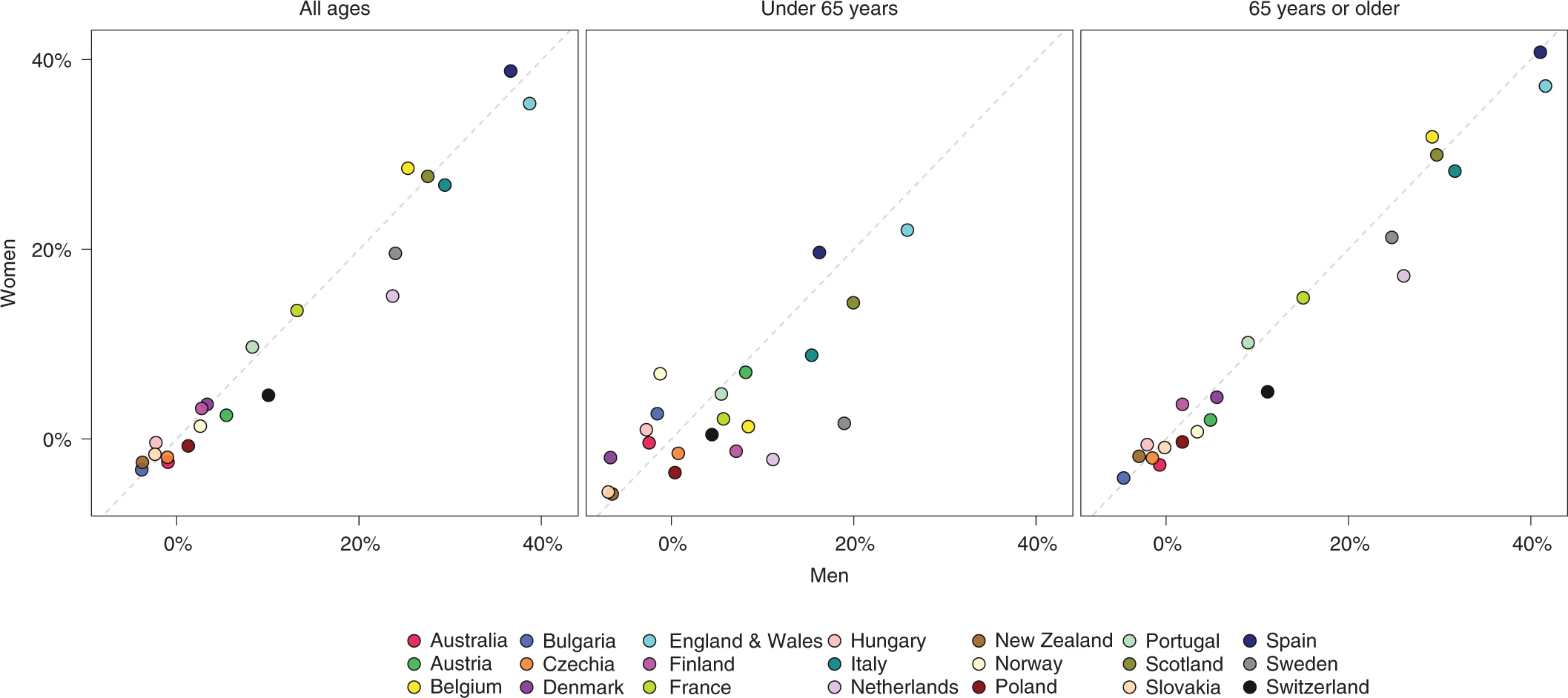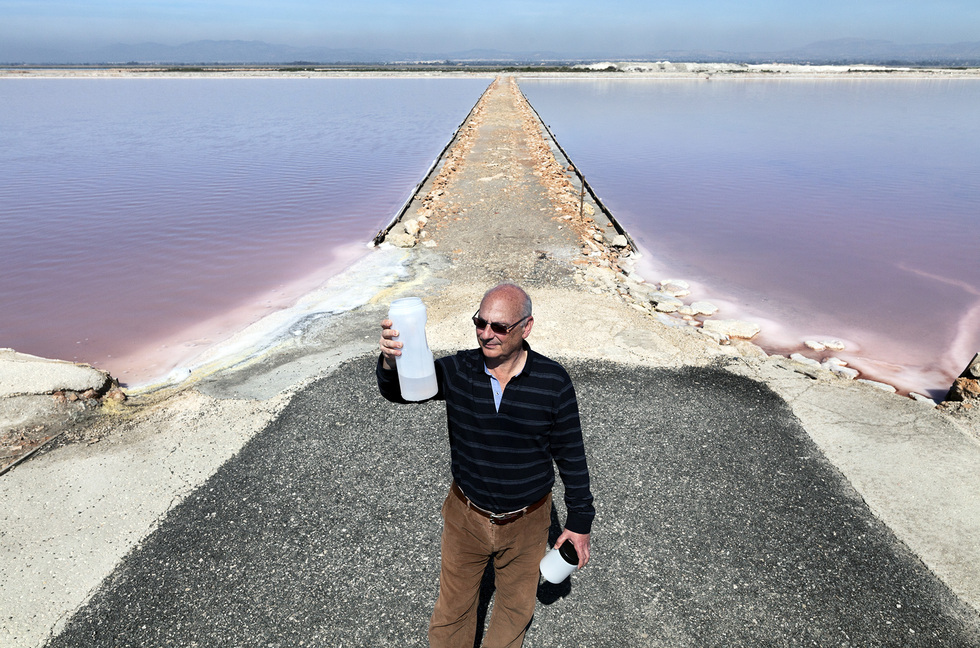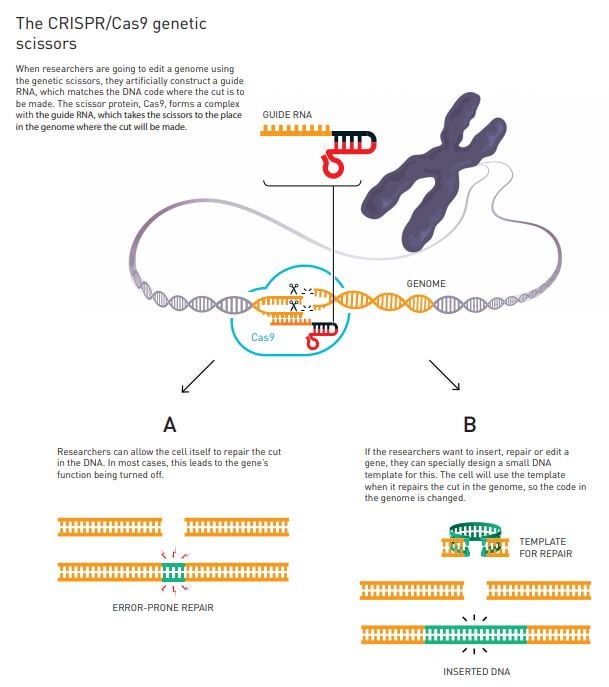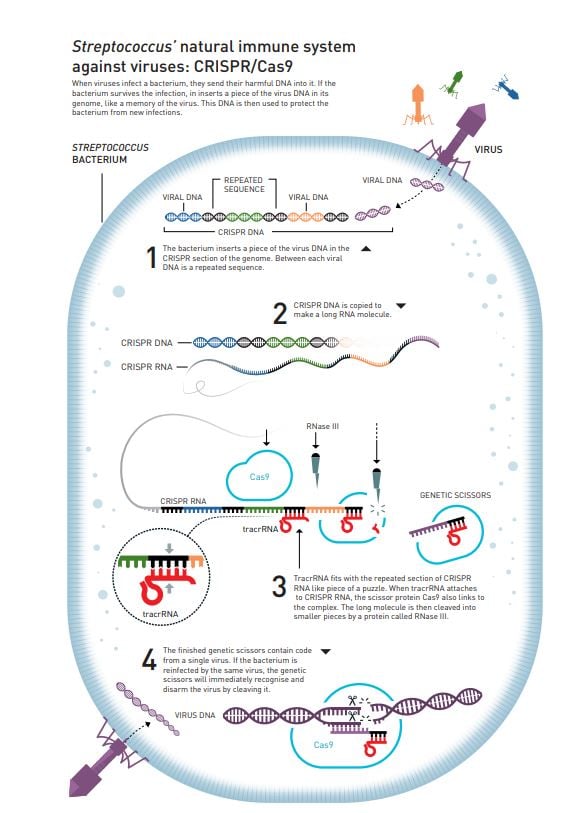The total mortality effect of the COVID-19 pandemic is the difference between the observed number of deaths from all causes and the number of deaths had the pandemic not occurred, which is not directly measurable. The most common approach to calculating the number of deaths had the pandemic not occurred has been to use the average number of deaths over previous years—for example, the most recent 5 years—for the corresponding week or month when the comparison is made. This approach, however, does not take into account changes in population size and age structure, nor long- and short-term trends in mortality, which are particularly pronounced for some age groups52,53. Nor does this approach account for time-varying factors, such as temperature, that are largely external to the pandemic but also affect death rates.
We developed an ensemble of 16 Bayesian mortality projection models that each make an estimate of weekly death rates that would have been expected if the COVID-19 pandemic had not occurred. We used multiple models because there is inherent uncertainty in the choice of model that best predicts death rates in the absence of pandemic.
I suggest you to find where is Spain...
Comparison of percent increase in deaths from any cause as a result of the COVID-19 pandemic between men and women, for all ages and by age group.




